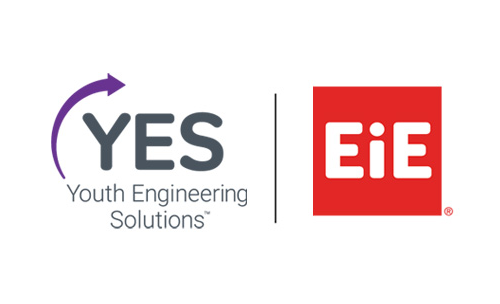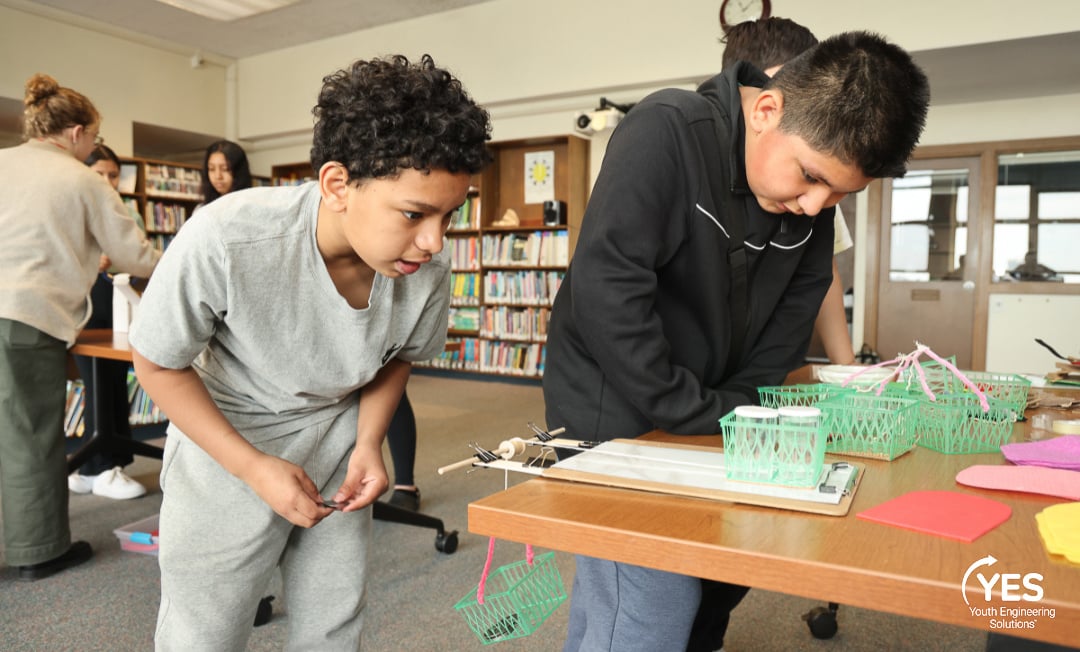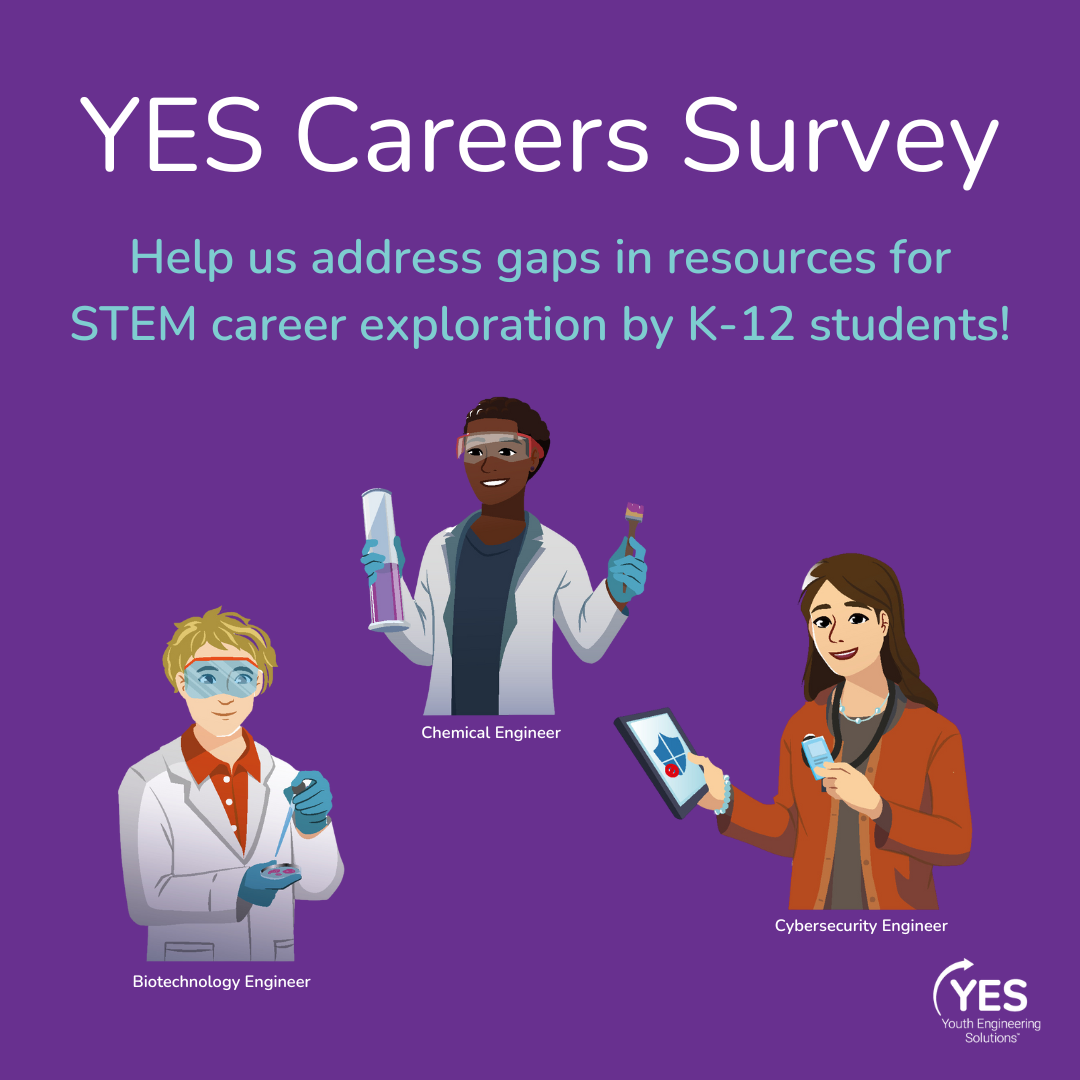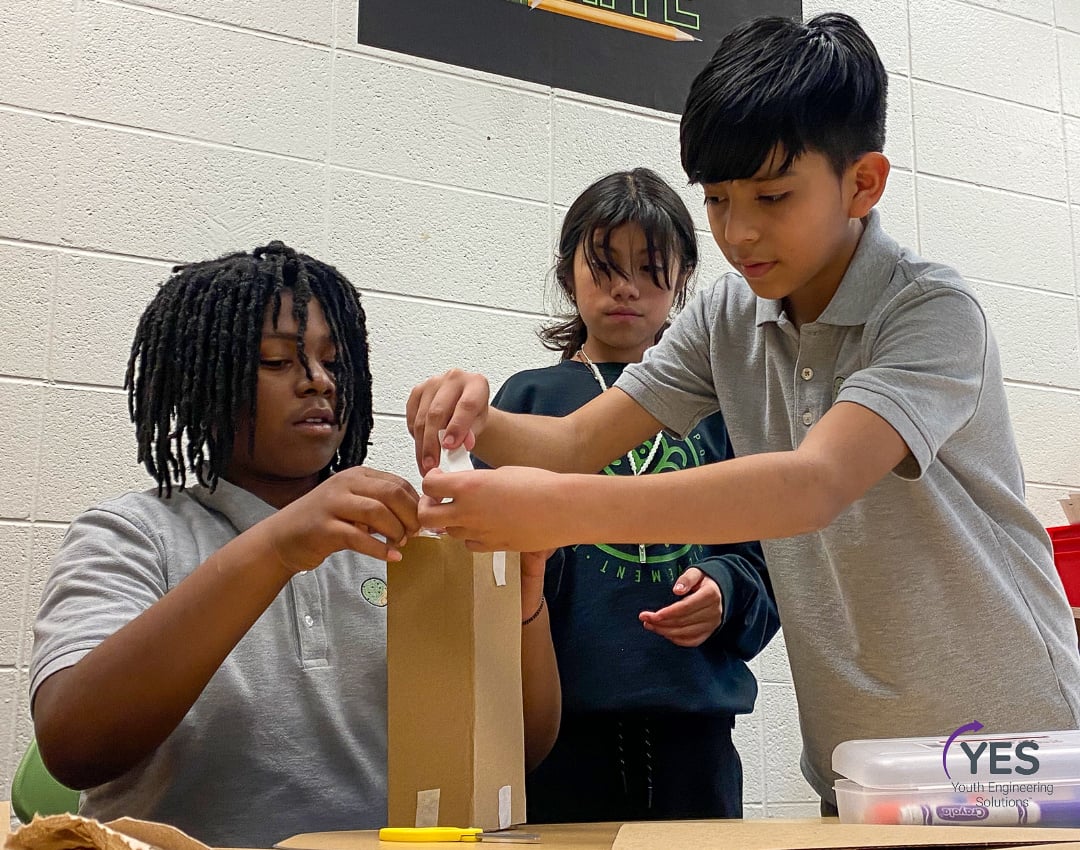As computers become more ingrained in our daily lives, it’s important for everyone to understand the technology that we rely on. For learners of all ages, an understanding of computer science could help when pursuing a rewarding career, making smart purchases, or advocating for fair laws. To help you support this learning, whether you are at home or in a classroom, we’ve collected the following computer science resources.
As you find ways to introduce computer science and coding into your learner’s life, remember that every bit makes a difference. The latest research from Google and Gallup shows that students who spend just one hour per week learning about CS are more likely to say that learning computer science is important and relevant for the future.
For elementary learners:
The focus is on having fun and sparking interest in computer science! Learners need opportunities to use their creativity. Encourage their natural curiosity. Hands-on experiences with physical materials are a great place to start with concrete thinkers. The following resources may be helpful:
- Best practices for online safety
- ScratchJr, an app for kids to program their own interactive stories
- Scratch, a site for learners to program and develop games, animations and stories
- Makey Makey, a way to connect circuits in the physical world with coding on a computer
- Robots or robotics kits such as Finch or Sphero
For grade 1-5 learners, explore our Computer Science Essentials curriculum for integrated programs to help build STEM literacy and make real world connections to CS basics.
For middle school learners:
This can depend on prior experience – if it is a learner’s first time programming, start with basic tools! When learners are ready, start to transition from block-based to text-based programming languages. Integrate computer science with other subjects so that learners can see how it connects. Learn about lots of different career options so that all learners can see how they might use these skills in the future. The following resources may be helpful:
- Social Media TestDrive, a simulator for practicing digital citizenship skills
- MakeCode, a coding platform that can translate between block-based code and JavaScript or Python
- Bootstrap, a site that integrates text-based code with math and science
- STEM Careers Coalition, a site with information about a wide variety of STEM fields
We’d love to hear from you about how you engage with Computer Science in your learning practice. If there are ways you’ve succeeded or struggled to engage your learners about CS and Coding, let us know in the comments below, or by tagging us in your learning on social media!








